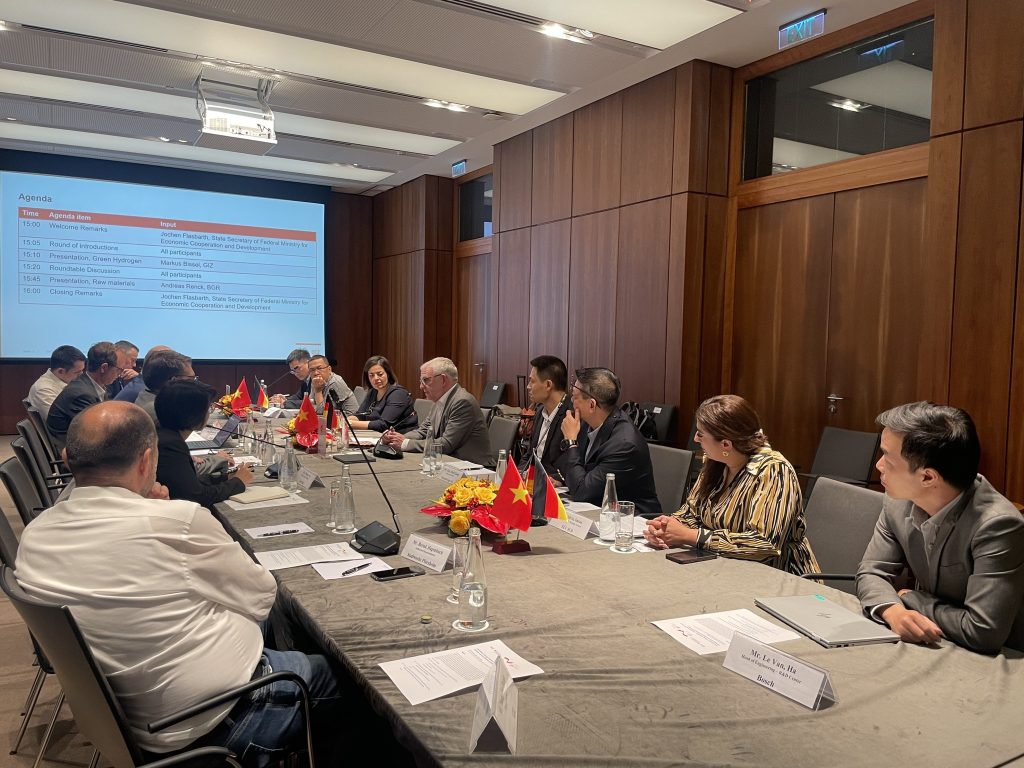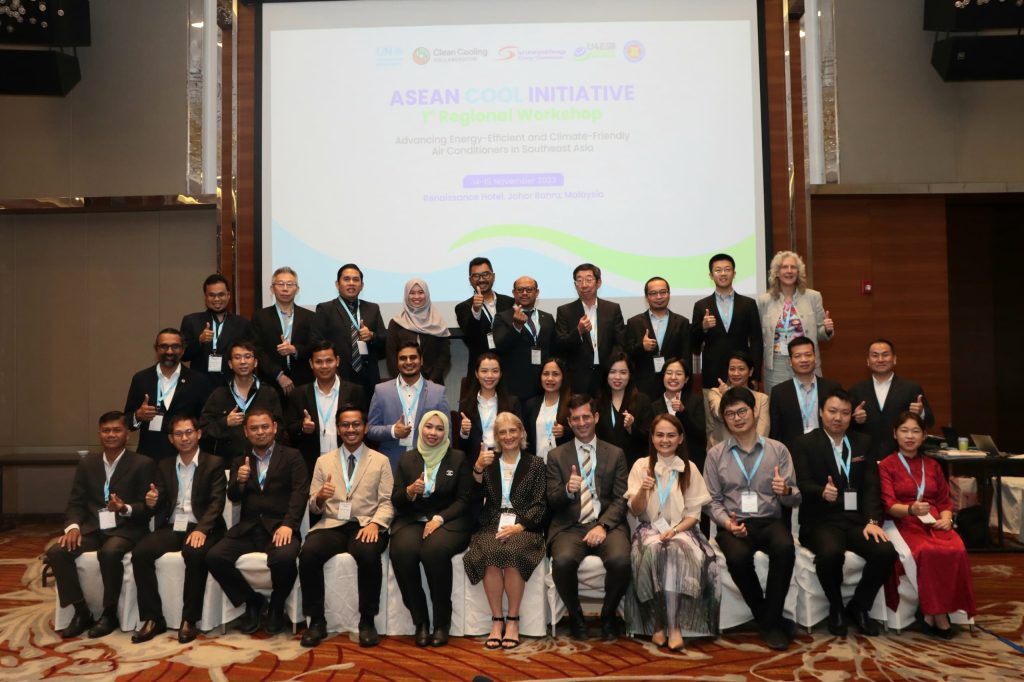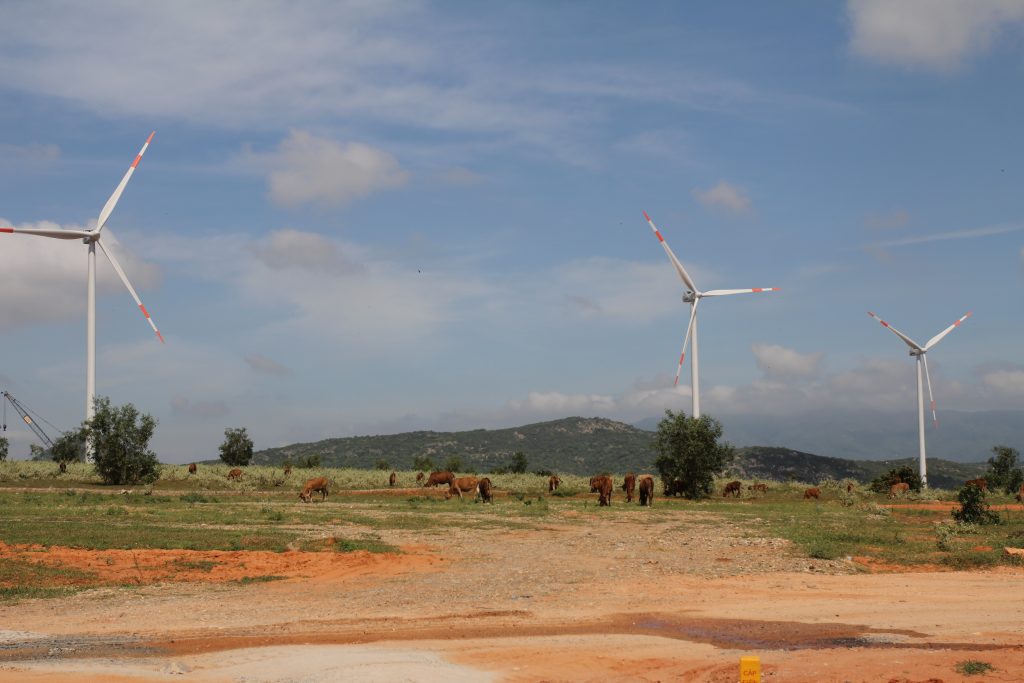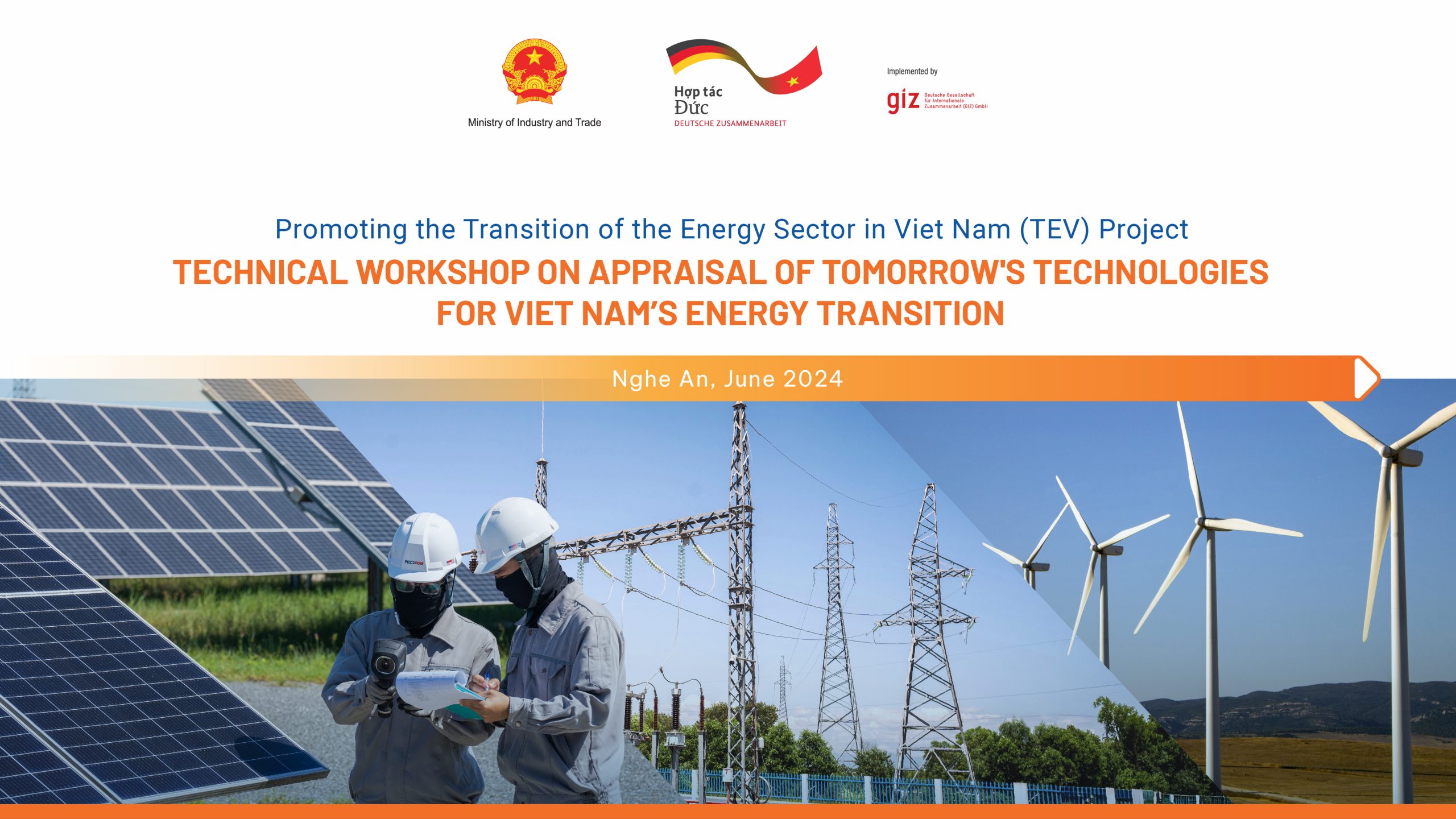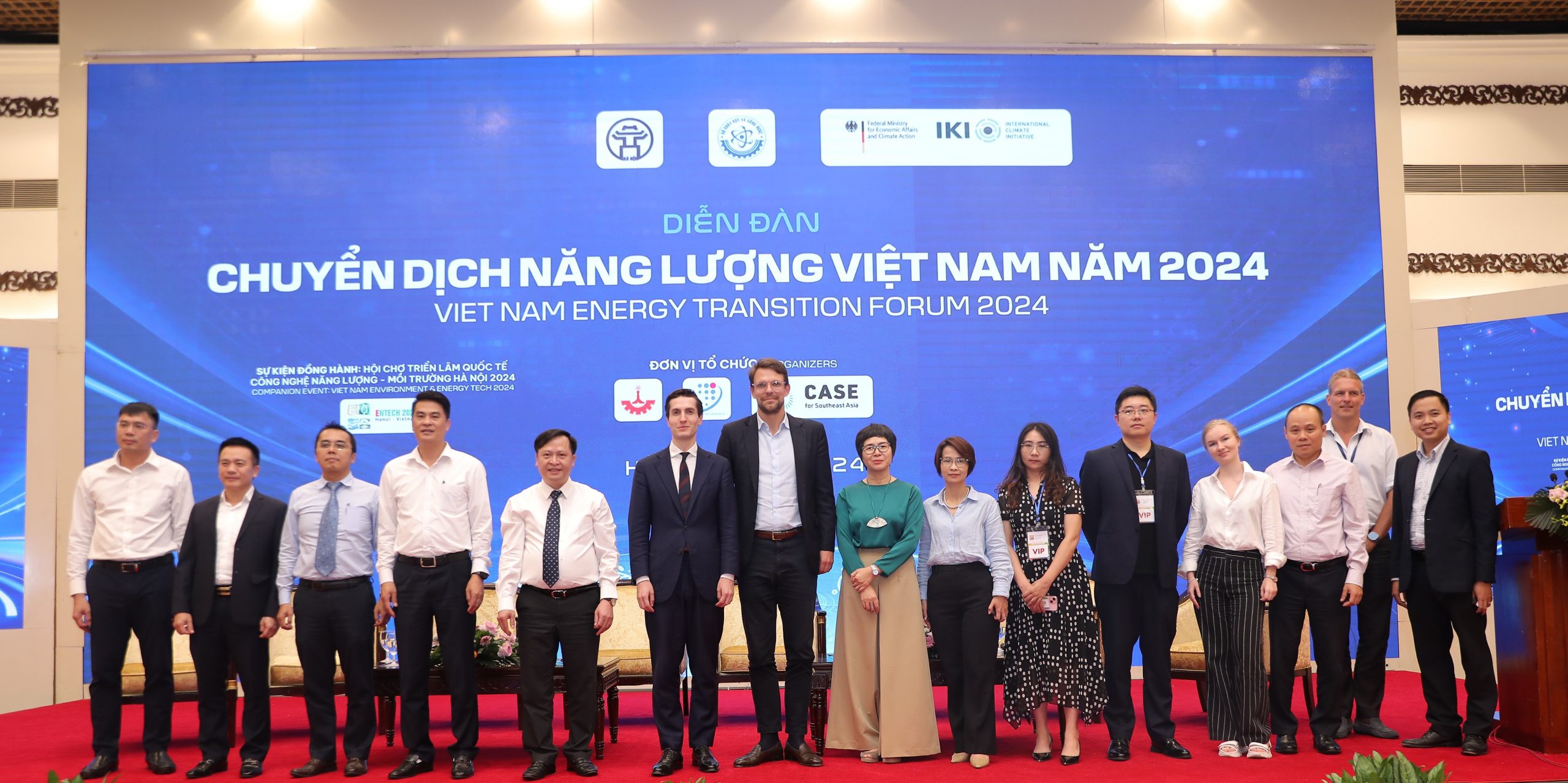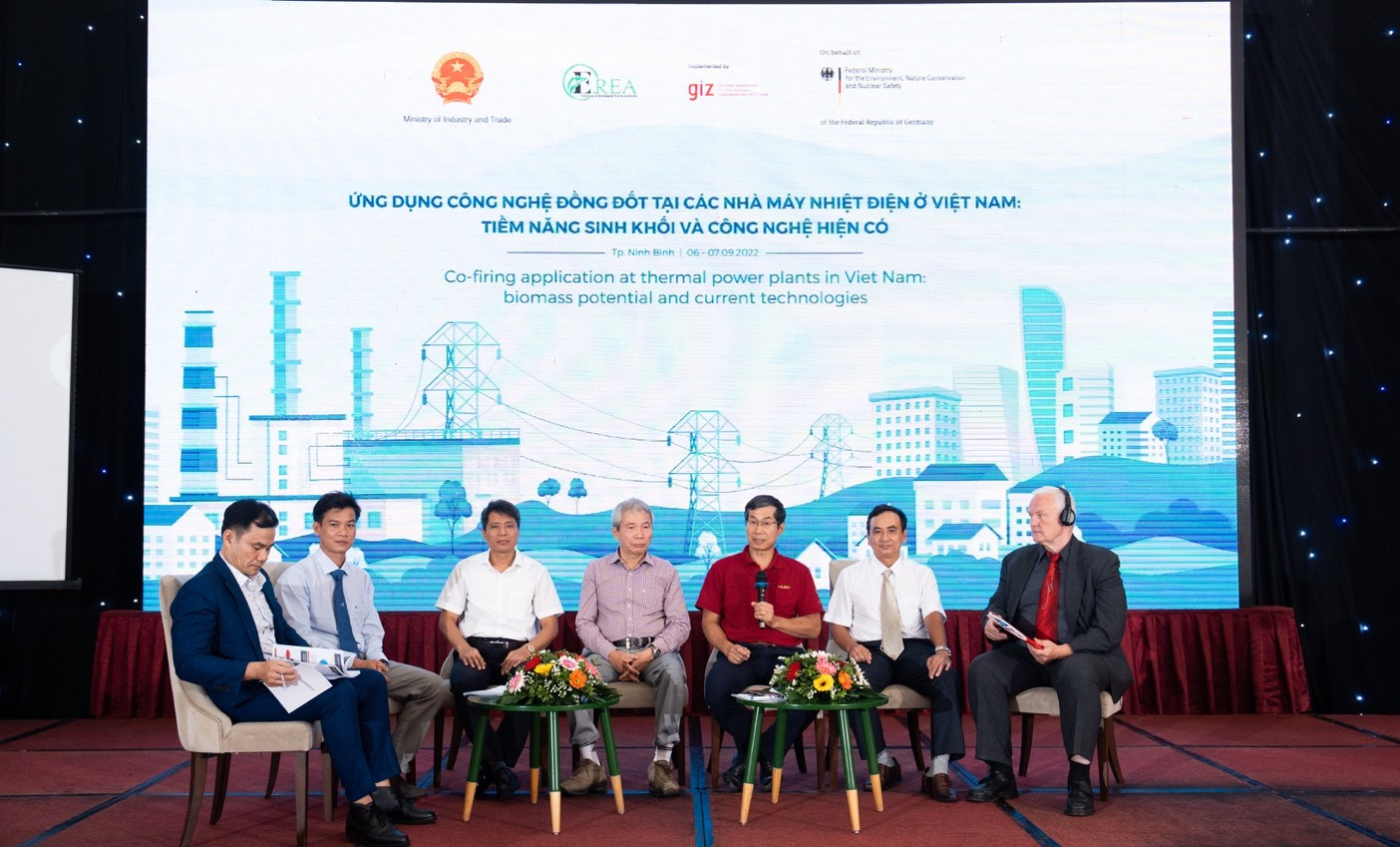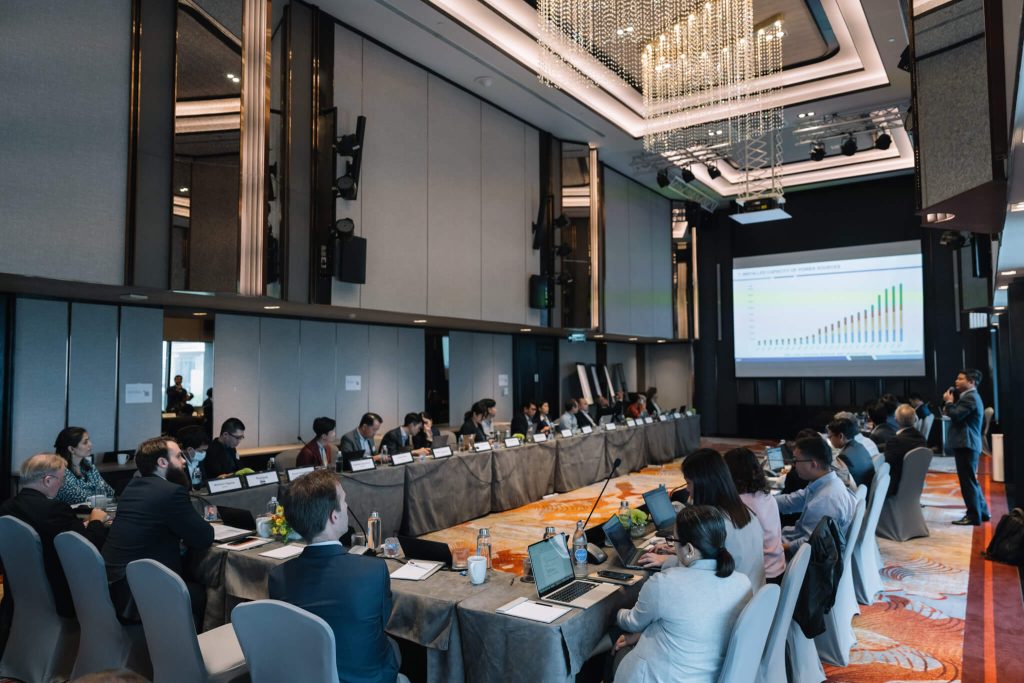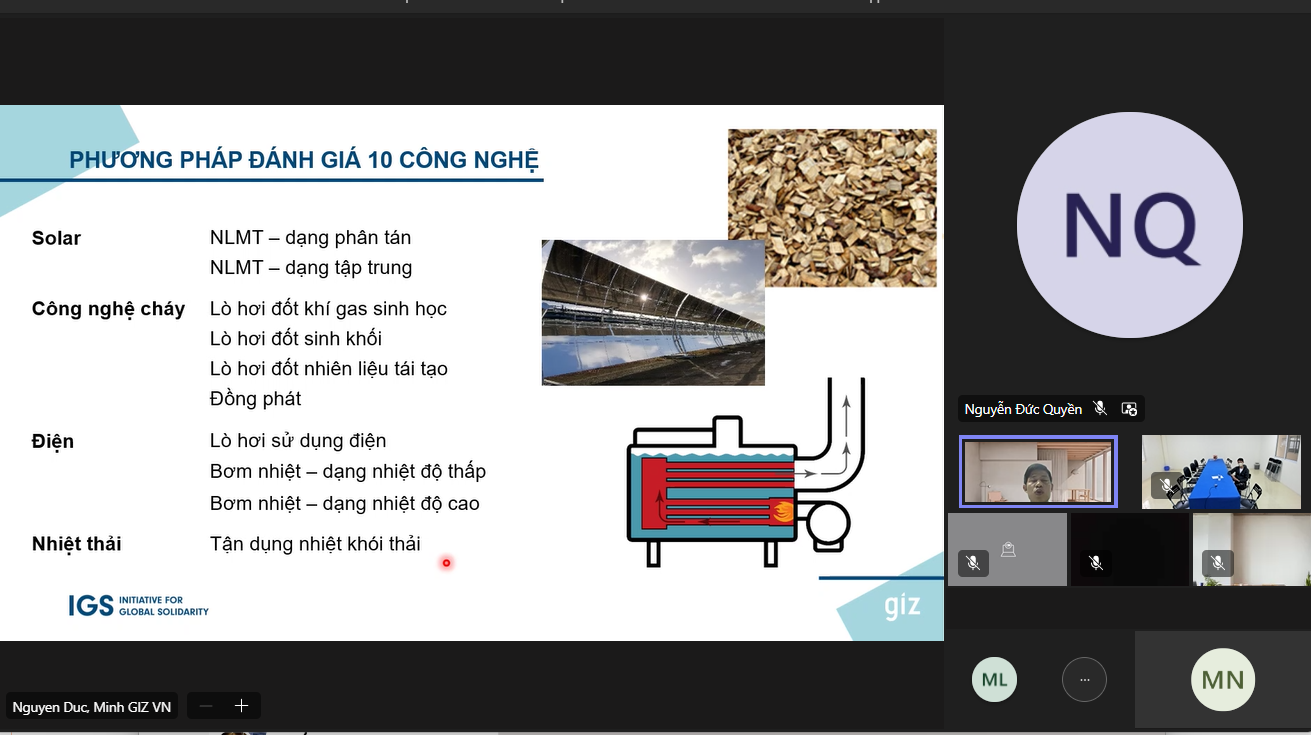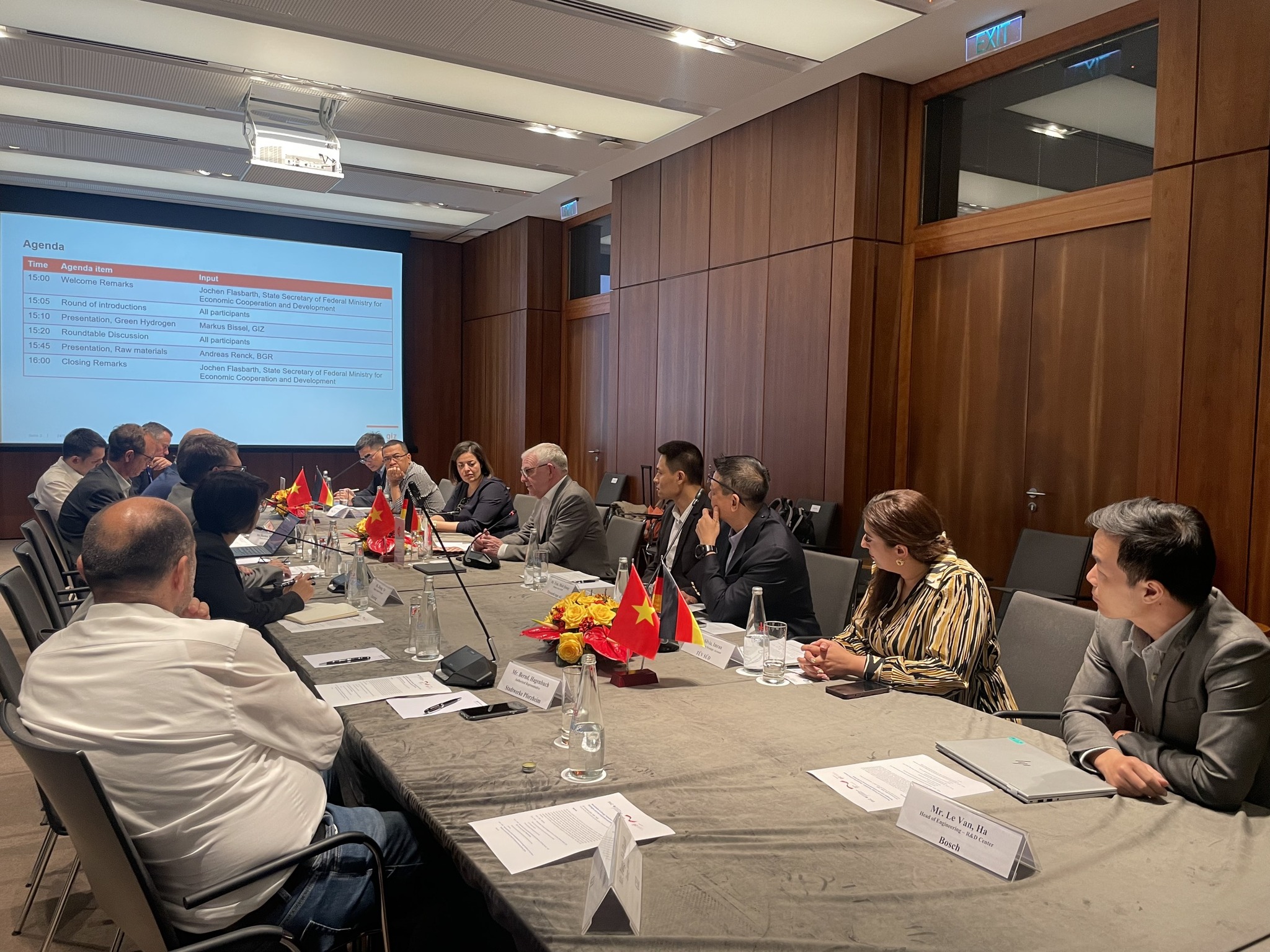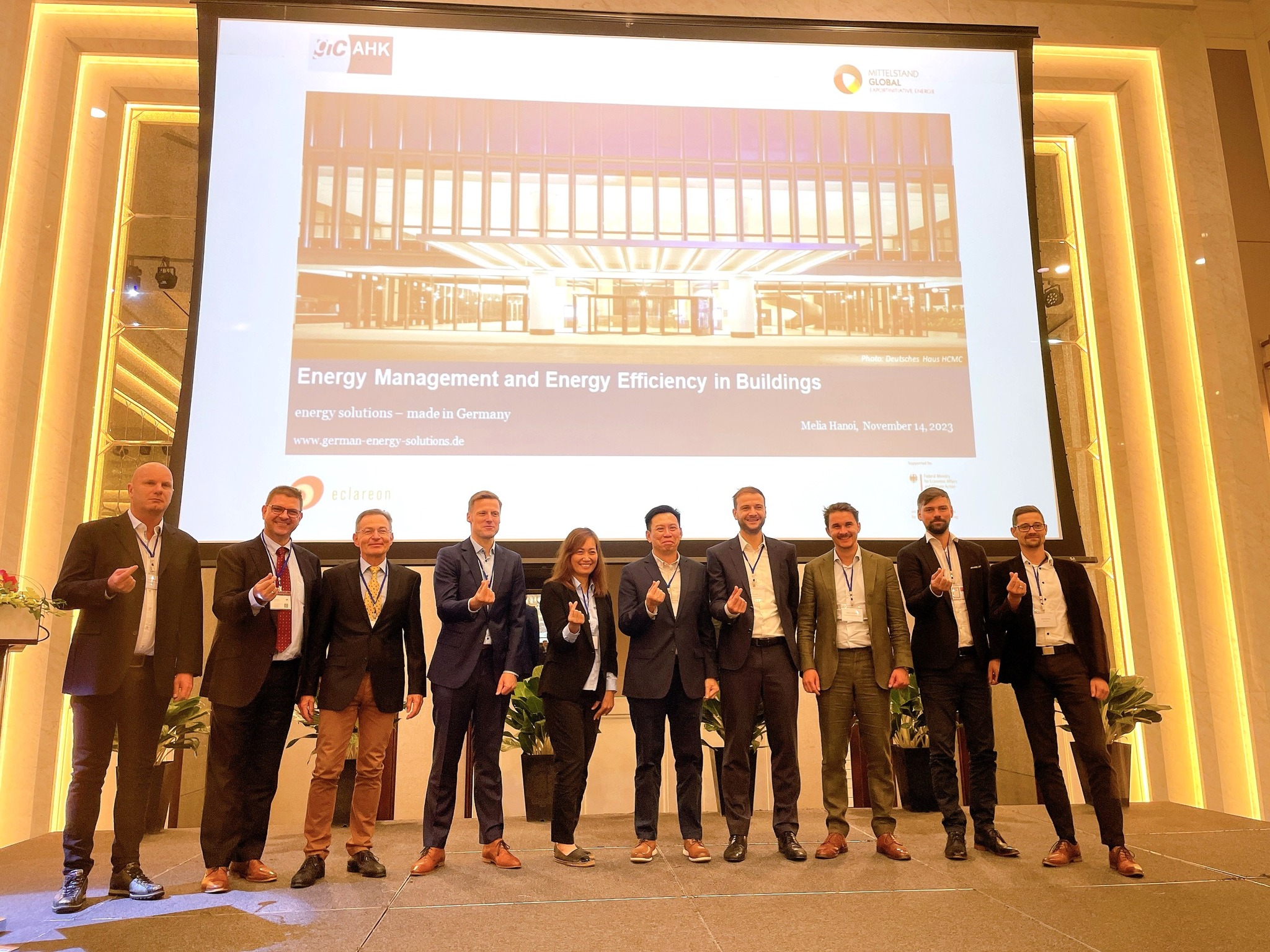By Duong Manh Cuong
Senior Project Officer
MOIT/GIZ Energy Support Programme
The new draft of the proposed Law on Public-Private Partnership (PPP) is being discussed at the National Assembly and set to be voted on June 18 which also specifies PPP-based investment in the power grid sector and power plants.
This proposed Law on PPP is expected to remove bottlenecks and create a mechanism to encourage non-state capital attraction in construction investment into the national electricity transmission system, which is considered one of the major tasks towards sustainable development.
However, around the implementation of this policy, there exist many obstacles in legal, economic, and technical aspects as well as diverse opinions that need to be carefully studied to bring harmonious benefits for society and investors alike.
From an operational management aspect, the transmission grid is the backbone and arterial system of the national electricity system, which is particularly important socially and economically, holding a decisive role to ensure energy security and national security.
It is because of the importance of the transmission grid that the Law on Electricity 2004 stipulates, “The state will hold a monopoly in the transmission and moderation of the national power system, as well as in building and operating large power plants”. This, however, does not mean that non-state economic entities are unable to partake in transmission grid investment activities.
Most recently, in January’s Dispatch No.70/TTg-CN, the prime minister had greenlit the proposal assigning a private firm to take on the creation of a solar power plant with capacity of 450MW in Thuan Nam district in the southern province of Ninh Thuan, combined with a 500kV and 220kV transmission grid infrastructure connected to the national power grid.
That private investor was Trung Nam Group, which was trusted to act as project developer via Dispatch No. 831 dated March 18 from Ninh Thuan People’s Committee.
The main objective was to ensure seamless operation from the start, helping to avail of the full capacity of the new solar power plant and other power plants of renewable energy in the region after plugging into the national power grid.
The move was deemed as a timely measure to beef up the development of solar energy projects in the region with an enormous potential of solar radiation like Ninh Thuan, in the context that state-owned Electricity of Vietnam (EVN) and its member unit, the National Power Transmission Corporation (EVNNPT), are scaling up efforts to source investment capital to feed transmission grid development projects pursuant to approved planning.
As per the progress commitment, the new solar power project will be entitled to enjoy the feed-in tariff (FiT) of 9.35 US cents/kWh as regulated in Decision No.11/2017/QD-TTg on encouraging solar power development. In light of governmental Resolution No.115/NQ-CP released in August 2018 on supporting Ninh Thuan in socio-economic development, this FiT rate is much higher than the recently-enacted rate of 7.09 US cents/kWh to be applicable to solar power projects operational from July 1, 2019, to the end of 2020.
In exchange, upon investment completion, the project developer needs to hand over the transmission grid infrastructure to EVN/EVNNPT for management, and simultaneously not request an investment cost refund.
EU development practices show that private and shareholding power transmission companies (even those of foreign origin) have been quite successful in the operation and management of national power transmission networks over the past couple of years. That was because these countries have in place a very comprehensive regulatory system to oversee and moderate transmission activities that are continually updated and revised to match reality.
Based on the current circumstances of Vietnam’s power sector and to ensure effective enforcement of the draft proposed Law on PPP, facilitating engagement of private investors into the sector, several matters must be taken into account.
First is ensuring the consistency of relevant legal documents. It is necessary to review and propose for revision current regulations related to the Law on Electricity, particularly amending the regulation “state monopoly in power transmission” gearing towards “the state not holding a monopoly in transmission network investment, but only holding a monopoly in transmission network operation and management”. This aims to encourage investors from the private sector to take part in the transmission line investment.
Next is ensuring reasonable capital recovery for relevant parties. It is important to separate the costs of investment, operation management, repair, and maintenance of power transmission network projects, from there setting the method of calculating transmission cost to ensure the investors could recover cost and earn profits reasonably.
The third involves ensuring quality consistency of transmission projects and reviewing and penning relevant legal documents on the management of investment construction projects on transmission network development, in order to ensure the effective supervisory role of state management agencies in the project’s different stage.
Finally, a roadmap must be crafted on diversifying capital sources to build a power transmission network. After the enactment of the proposed Law on PPP and revision of the Law on Electricity, the government needs to pass a roadmap on attracting private investors into developing transmission networks, gearing towards promoting engagement of private investors into this field, based on the level of importance of transmission network projects.
Sources: Vietnam Investment Review





